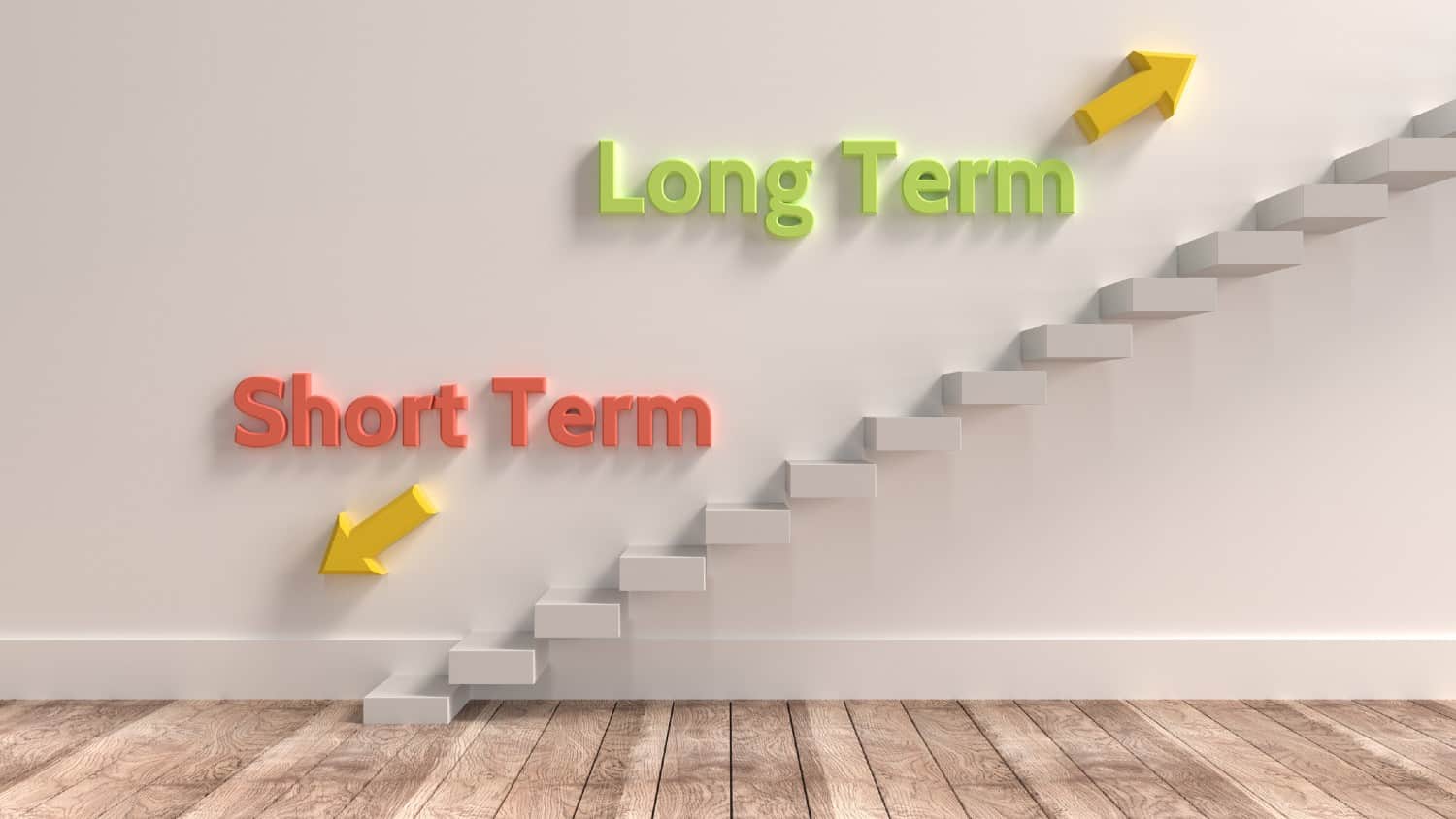For many investors, the FTSE 250 is the ‘sweet spot’ of UK share indexes. This has been reflected in its greater overall return since 1998 than the top-tier FTSE 100.
From the end of 1998 to the end of last year, the FTSE 250 achieved around double the overall return (yield plus price gains) of the Footsie.
That said, reporting and regulation are still slightly tighter in the FTSE 100. This is important to me as a now-middle-aged retail investor, rather than the investment bank trader I was.
Should you invest £1,000 in Lloyds Banking Group right now?
When investing expert Mark Rogers has a stock tip, it can pay to listen. After all, the flagship Motley Fool Share Advisor newsletter he has run for nearly a decade has provided thousands of paying members with top stock recommendations from the UK and US markets. And right now, Mark thinks there are 6 standout stocks that investors should consider buying. Want to see if Lloyds Banking Group made the list?
Now, I only ever invest in companies outside the FTSE 100 if they have recently been relegated from it. My view is that they will still have some extra quality about them. And so it is with global investment manager abrdn (LSE: ABDN).
Positive elements in recent results
The H1 results had some good things in them, in my view. Net operating revenue rose 4% compared to the same period in 2022. Adjusted operating profit also increased – by 10% to £127m over the period.
Diversification initiatives also appear to be starting to pay off. This included the acquisition of interactive investor, which accounted for the net operating revenue increase in H1.
The planned purchase of Tekla Capital Management’s healthcare funds also looks promising. US healthcare expenditure per capita has grown at a compound annual rate of 6% since the 1980s.
Despite having been demoted to the FTSE 250 already, other risks remain in the shares. One is that the ongoing cost-of-living crisis may act as a deterrent to new client business. Another is that rising geopolitical risk around the Israel-Hamas War makes stable investment returns more difficult to produce.
Undervalued on two key metrics
The shares are now down 31% from their 20 July high.
It is very important to understand, though, that this is a standard valuation adjustment following relegation from the FTSE 100.
Such a demotion means it is automatically dropped from funds tracking the FTSE 100. Other funds that only invest in the most-regulated, highest-credit-rated stocks cut their investments in such firms as well.
This revaluation has left the company undervalued on two key metrics.
On a price-to-book ratio (P/B) basis, it currently trades at just 0.6 – lower than all its peers. Ashmore Group trades at 1.2, Man Group at 2.1, St. James’s Place at 2.9, and Hargreaves Lansdown at 4.7. This gives a peer average of 3.2.
On a price-to-sales ratio (P/S) basis, it trades at 1.9 – lower than all its peers except St. James’s Place (0.3). Man Group is at 2.3, Hargreaves Lansdown at 4.6, and Ashmore Group trades at 5.8. This gives a peer average again of 3.2.
This ‘double undervaluation’ suggests to me that the shares are currently underpriced.
Big passive income generator
In each of the last three years, the company has paid a total dividend of 14.6p per share. At the current stock price of £1.64, this gives a yield of 8.9%. So, a £10,000 investment now would make £890 this year in passive income.
I have holdings in the financial sector, but if I did not I would consider buying abrdn shares. Not only do they offer an excellent yield, but they are also undervalued on two separate metrics to their peer group.








